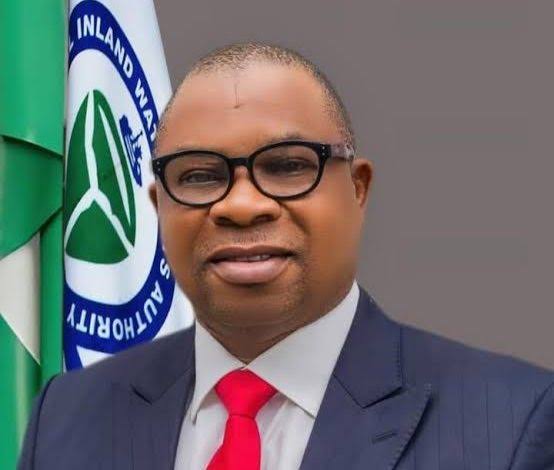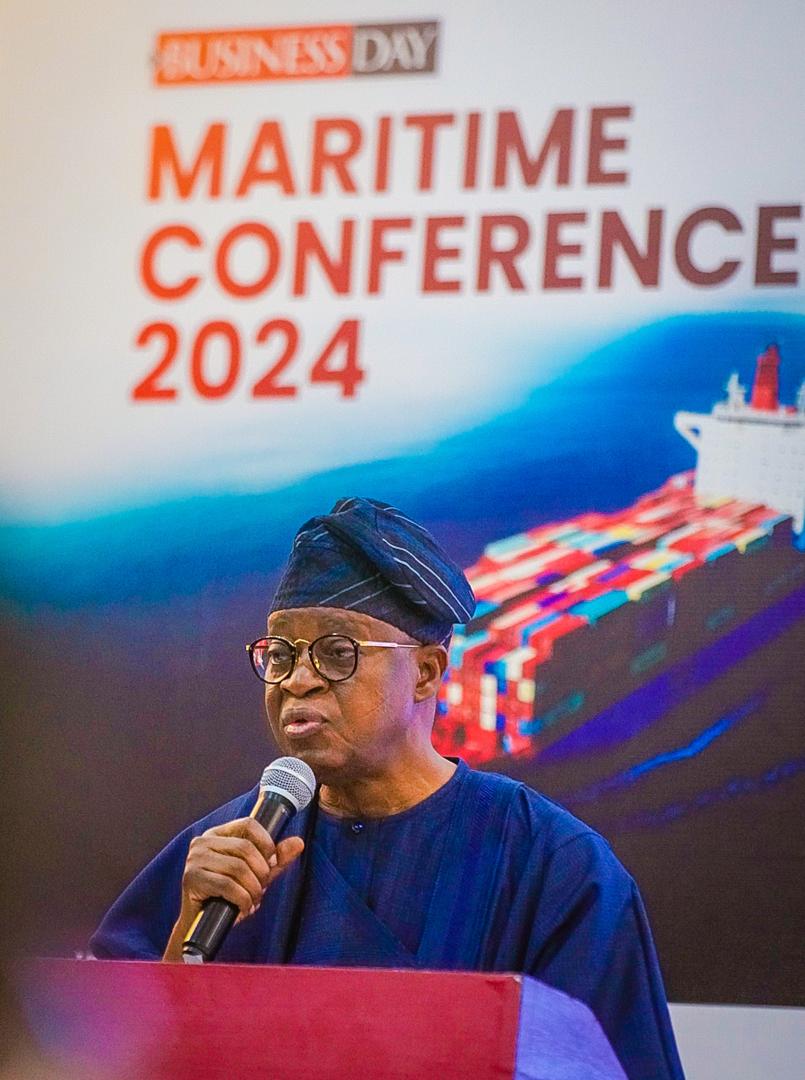In the pages of Nigeria’s modern political history, few names carry the quiet authority of Asiwaju Munirudeen Bola Oyebamiji. Where others rely on noise, he speaks through action. Where many seek attention, he delivers impact. Today, as Osun State stands at the edge of a pivotal decision, the case for Asiwaju Munirudeen Bola Oyebamiji—strong, strategic, and rooted in a legacy of results—is not just compelling. It is urgent.
His journey into public consciousness did not begin in the campaign circuit, nor was it paved with empty promises. It began in Nigeria’s financial sector, where for over 28 years he earned his reputation not by proximity to power but through excellence in performance. From Wema Bank in the late 80s to senior executive roles at Spring Bank and Enterprise Bank, Asiwaju Munirudeen Bola Oyebamiji built a career on turning numbers into narratives of growth. He wasn’t just present in the room—he was the one rewriting the rules. Recognitions like the Central Bank’s Star Performer Award and Trans Bank’s Most Profitable Manager citation were no surprises. They were inevitabilities for a man who treated results like a standard, not an exception.
But while others may have settled into comfortable retirement after such a run, Oyebamiji was destined for harder work. In 2012, a failing state enterprise—OSICOL—was handed to him. It was bleeding cash and credibility. Most had written it off. But where others saw rot, he saw opportunity. He walked in with clarity, reshaped its financial model, installed discipline, and executed with military precision. Within five years, ₦300 million became ₦6 billion. He didn’t just revive OSICOL; he redefined what was possible when private-sector insight met public-sector responsibility. What was once a deadweight on Osun’s books became a thriving holding company under the name Omoluabi Holdings.
At OSICOL, some of his legacy projects include the construction of the Corporate Headquarters of Omoluabi Holdings at Abere, the establishment of a viable mega Petroleum and Gas Station in Abere, and strategic investments in real estate across highbrow areas of Abuja and Lagos. He also initiated a thriving cocoa plantation in Osogbo and spearheaded the rebranding and standardisation of the Essence Table Water brand, turning it into a household name across Nigeria.
The transformation didn’t go unnoticed. In 2017, Oyebamiji was tapped once again, this time as Commissioner for Finance in Osun State. It was not an easy season—national revenue was thinning, state debts were mounting, and faith in government was wearing thin. Yet under Asiwaju Munirudeen Bola Oyebamiji’s financial stewardship, Osun didn’t sink. It stood. Salaries were paid without drama. Infrastructure continued. Internally generated revenue began to climb.
When he took over the affairs of the Osun Ministry of Finance in 2017, he reformed the ministry and grew the IGR from ₦6 billion where he met it, to ₦24 billion by 2022. Under his leadership, Osun State was commended for the effective implementation of the SLOGOR programme—a European Union–supported reform initiative. These efforts earned the Governor the prestigious ‘Best Governor on Efficiency of Public Expenditure’ award from the World Bank’s States’ Fiscal Transparency, Accountability, and Sustainability (SFTAS) program. During the same period, the State also received the Award of Excellence as the top performer in Domestic Revenue Mobilisation.
Similarly, under his direct supervision, Osun became a strong contender in the World Bank–backed SFTAS programme. It is no surprise that the state was rewarded with millions of dollars in three consecutive years while the programme lasted. During his tenure as Head of the Consolidated Fund (HCF), Oyebamiji also delivered on the SIFMIS programme, strengthened the Treasury Single Account (TSA) regime, and helped nurture the Public Procurement Agency into a cornerstone of financial accountability.
Then came the national stage. In 2023, when President Tinubu’s administration was looking for a fixer to reposition the National Inland Waterways Authority, the choice was easy. Asiwaju Munirudeen Bola Oyebamiji was appointed as Managing Director, and just as he had done before, he got to work. Within months, 15 new operational boats were introduced. An administrative complex and staff clinic were commissioned. A pioneering Waterways Transportation Code was launched to reduce accidents and ensure safety across Nigeria’s neglected inland transport routes. River Marshals were deployed, public-private partnerships began taking shape. He improved staff welfare, commenced child care payments for staff, facilitated the first-ever foreign training in the agency’s history, initiated the payment of 13 months’ salary and other staff entitlements, and in 2024, reduced boat accidents and deaths on Nigeria waterways by 30% and for the first time in decades, NIWA became something more than a forgotten agency. It became a symbol of what efficient leadership can do.
What makes Asiwaju Munirudeen Bola Oyebamiji different isn’t what he says. It’s what he consistently does. While politics has become a theatre of talking heads and empty gestures, he remains a man of substance. His governance style is rooted in capacity, not charisma. In boardrooms, ministries, or federal agencies, he has never chased attention. He has simply earned respect. His blueprint is not theoretical—it exists in the numbers, in the policies he crafted, in the institutions he revived.
Osun is not a state in need of reinvention. It is a state in need of restoration. A state that deserves to be led by someone who has scaled the learning curve, who understands the weight of governance, and who is prepared not just to serve, but to deliver. Asiwaju Munirudeen Bola Oyebamiji represents such without complacency. Reform without recklessness. Leadership without ego.
As the election season approaches, voters must ask a simple question: do we gamble on rehearsed ambition, continue with the legendary dancer or do we reward proven leadership? Munirudeen Bola Oyebamiji is not a stranger to results. He is the architect behind them. He is not here to promise change. He has already executed it—repeatedly, across sectors, at scale.
The future of Osun cannot be left to chance. It must be entrusted to a man who understands both the heartbeat of the people and the blueprint of sustainable progress. In this critical moment, ASIWAJU MUNIRUDEEN BOLA OYEBAMIJI is not just an aspirant. He is the answer.





